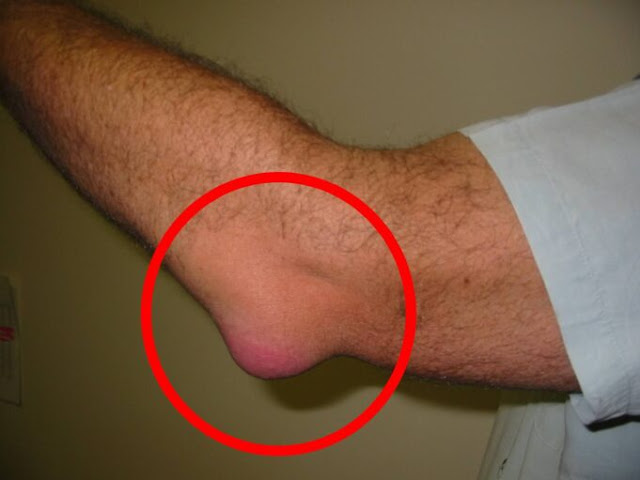People often associate swollen feet with pregnancy, injury, or a job that requires standing for long hours. However, not all cases of swollen feet are due to these reasons.
There can be many other causes of swollen feet. Most of the time, swelling is not serious and can be resolved by simply resting the feet or soaking them in ice water.
However, if you experience sudden swelling in your feet, it may indicate an underlying issue and it is important to seek medical attention.
Causes of swollen feet
Deep vein thrombosis

A condition known as deep vein thrombosis (DVT) occurs when a blood clot forms in the deep veins of your body, usually in the legs, according to the Mayo Clinic. You may experience swelling and heaviness in your legs, as well as clearer veins in your legs. However, some people may not have any symptoms. DVT is dangerous as it can cause a blockage of blood flow to the lungs, which is called pulmonary embolism.
Achilles Tendonitis
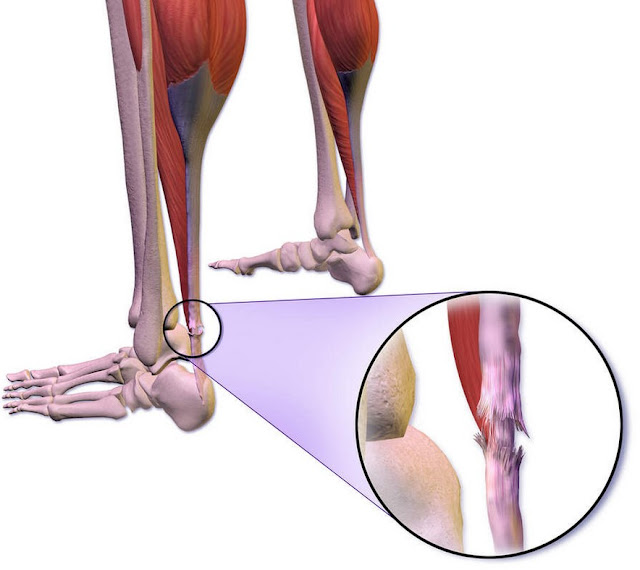
The Achilles tendon is the strongest tendon in the body and it is used a lot every day. This can cause pain and difficulty moving. When someone has Achilles tendonitis, their ankles, and heels might become swollen, especially after exercising or doing other physical activities.
Osteoarthritis
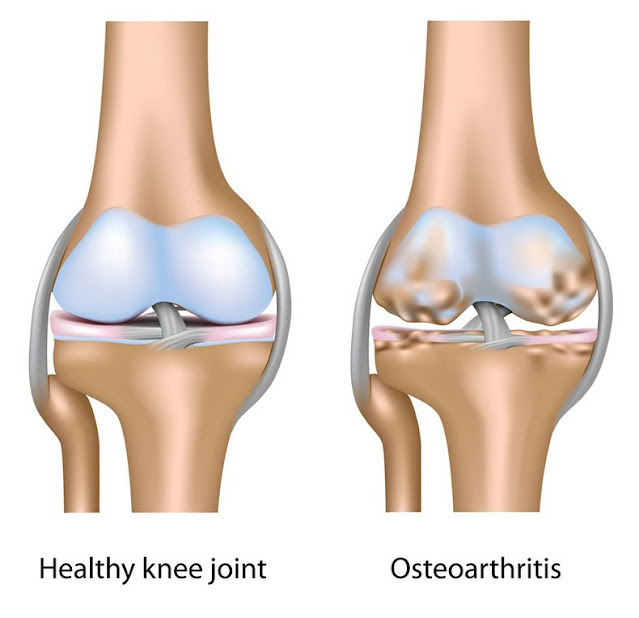
Arthritis is a common problem, but osteoarthritis is the most common type. When it affects your feet, it can make them hurt, feel sore, stiff, and become swollen. To feel better, there are ways to ease the pain, such as doing yoga.
Heart Failure

The American Heart Association says that heart failure can show in subtle ways, one of which is having swollen feet. This happens because the heart is not working properly and fluid builds up, called edema, causing the legs, feet, or ankles to swell.
Lymphedema
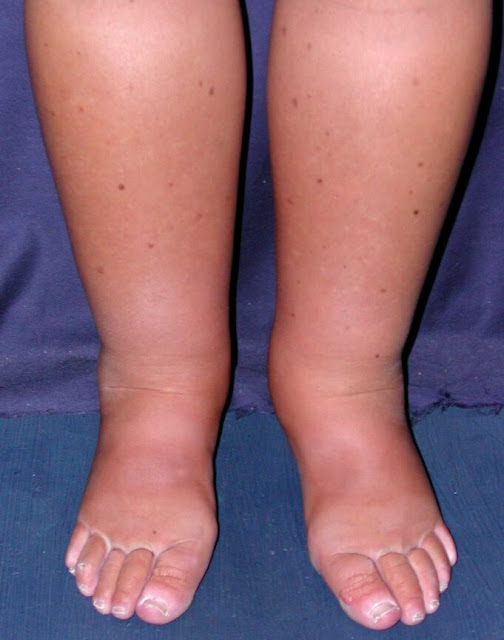
The Mayo Clinic explains that lymphedema makes the extra lymphatic fluid build up in your arm or leg, making it swollen. If the swelling happens quickly or hurts a lot, you should go to a doctor or a hospital right away.
Cellulitis

There are different ideas about the reason for
cellulitis, but it is likely due to poor blood flow in the lymphatic system.Cellulitis can occur on any part of the body, but it usually affects the legs below the knee and makes the skin swollen and hot to the touch.
Gout
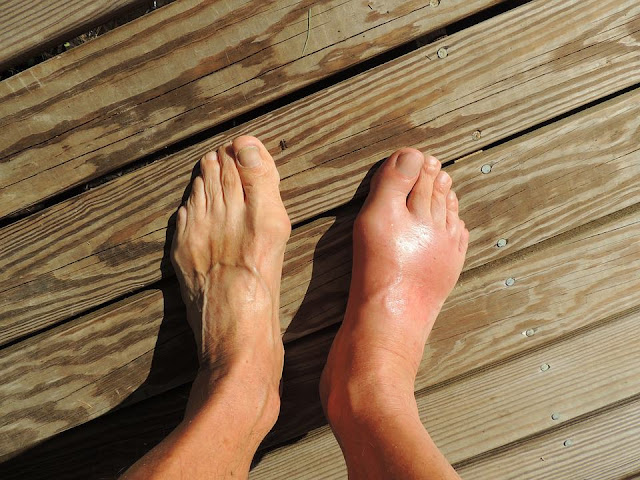
The National Institute of Arthritis explains that gout is a type of arthritis that is caused by having too much uric acid in the body. This type of arthritis is very painful and often comes on suddenly, especially at night. The big toe’s inner joints can become swollen, red, and tender quickly. If you have severe pain or if this is the first time you are experiencing this, it is important to see a doctor right away.
Foot Bursitis
Bursitis is a problem that affects the small bags filled with fluid that protect bones, muscles, and tendons. It often occurs in the shoulders, hips, and elbows, but may also affect the knees, heels, and big toes. If you have bursitis in your foot, you may feel pain and stiffness, and your foot may appear red and swollen.
Rheumatoid Arthritis
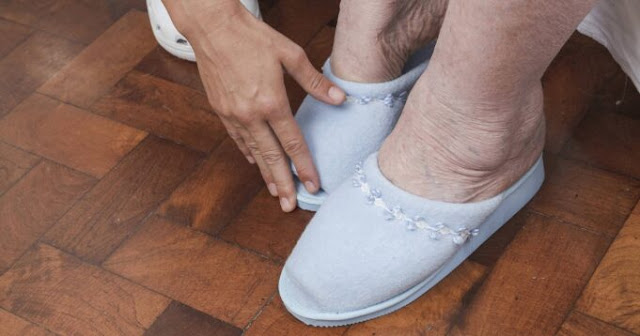
Usually starts in the feet. It can affect each person differently, but one common sign is having swollen, painful joints and severe swelling. The tendons and muscles may also get swollen due to nodules under the skin caused by the disease.
If you believe your feet are swollen and it could be a sign of a health issue, it’s important to speak with a medical professional.
Let us know your thoughts about this article in the comment section below. Share this important piece of information with your friends and family.







